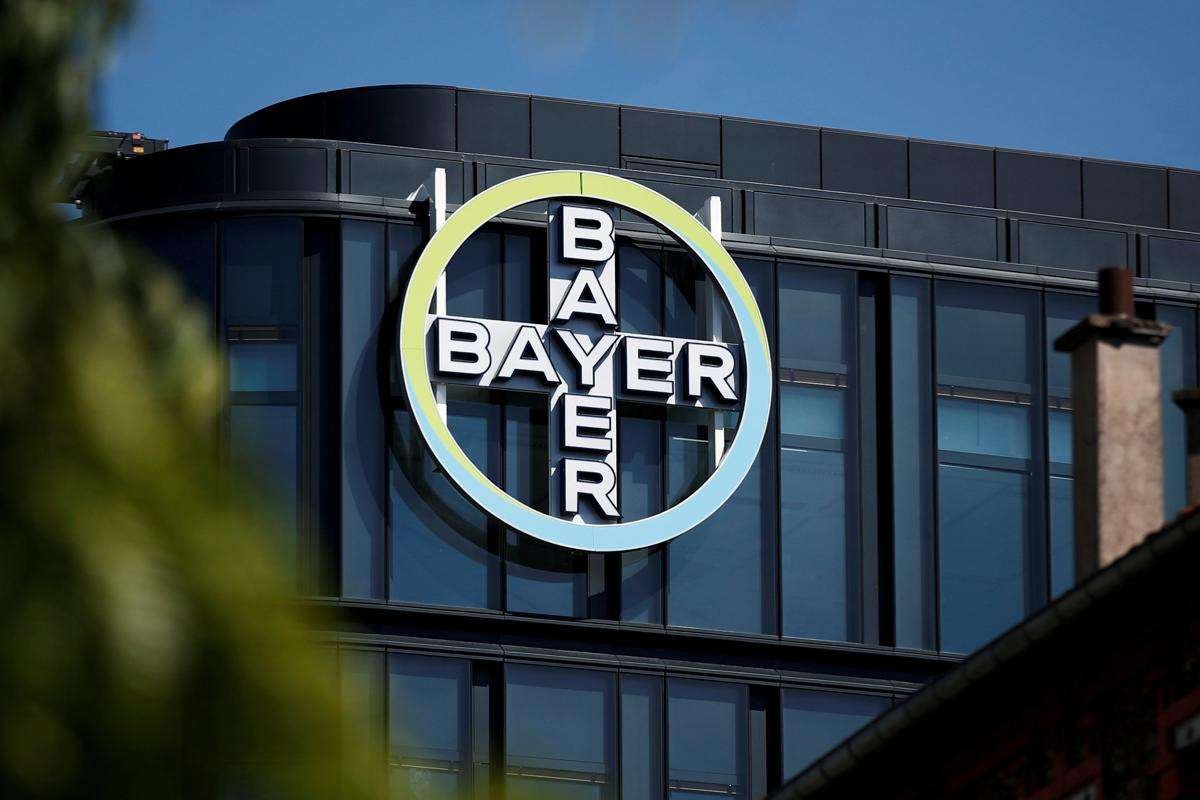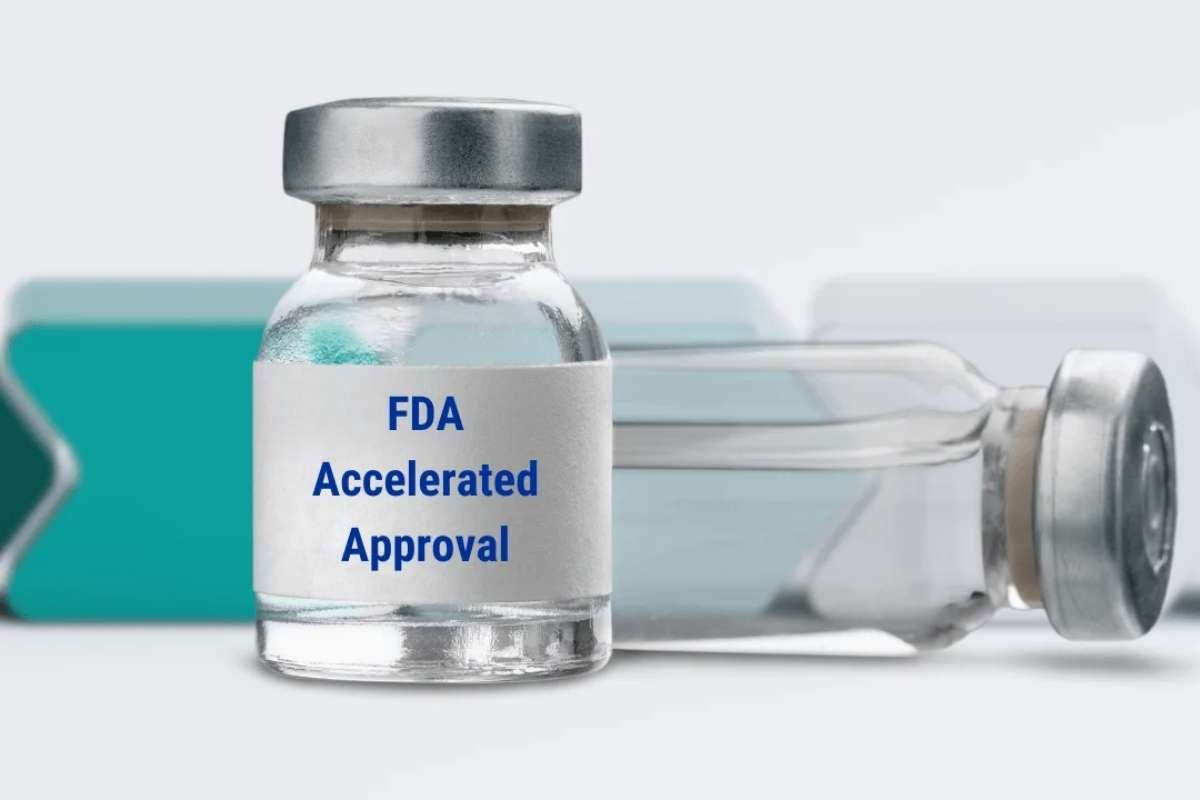Key Points:
- Bayer Hyrnuo lung cancer drug was approved by the FDA for HER2-mutated NSCLC after prior treatments.
- Clinical trials showed tumor shrinkage in up to 71% of patients.
- FDA also cleared a companion test to identify eligible patients.
The U.S. Food and Drug Administration approved Bayer Hyrnuo lung cancer therapy for a specific form of advanced lung cancer on Nov. 19, expanding treatment options for patients whose disease has progressed despite earlier care.
Targeted Therapy for HER2-Mutated Cases
The agency cleared Bayer’s drug, branded as Hyrnuo, for adults with non-squamous non-small cell lung cancer (NSCLC) that carries mutations affecting the HER2 protein. These mutations must be confirmed through an FDA-approved diagnostic test. HER2 plays a key role in regulating cell growth, and changes in this protein can drive cancer development.
Bayer Hyrnuo lung cancer is an oral kinase inhibitor, a class of medicines that blocks protein kinases involved in tumor growth. The company said the drug is intended for patients whose cancer has advanced or spread after earlier lines of treatment. The monthly list price for the therapy is $24,000.
Clinical Results Show Strong Response Rates
In the clinical studies submitted to the FDA, Hyrnuo demonstrated significant tumor responses in previously treated patients. Among seventy individuals who received the Bayer drug after prior cancer therapies that did not target HER2, seventy-one percent saw their tumors shrink or disappear.
A second trial included fifty-two patients who had undergone earlier systemic treatments, including therapies directed at HER2. In that group, thirty-eight percent experienced tumor reduction following treatment with Hyrnuo.
Chandrasekhar Goda, a senior Bayer executive, said the approval “provides a welcome addition to the treatment space,” noting that HER2-mutated NSCLC remains difficult to treat.
Competitive Landscape Expands
The FDA decision adds competitive pressure to the market for targeted lung cancer therapies. Boehringer Ingelheim’s Hernexeos, another kinase inhibitor, received approval in August for a challenging subtype of NSCLC. Both medicines aim to address unmet needs for patients whose disease progresses after standard treatments.
NSCLC accounts for about 80% to 85% of all lung cancer diagnoses, making it the most common form of the disease. Treatment approaches vary based on tumor characteristics, prior therapies, and the presence of genetic mutations that can be targeted with precision medicine.
Additional options for NSCLC include antibody-drug conjugates such as AbbVie’s Emrelis, which use targeted delivery to attack cancer cells while limiting harm to healthy tissue. Other widely used therapies include Merck’s Keytruda and AstraZeneca’s Tagrisso, both of which are approved for certain types of advanced lung cancer.
Test Approved Alongside Therapy
Along with Bayer Hyrnuo lung cancer, the FDA also approved a companion diagnostic device made by Life Technologies Corporation. The test is designed to identify HER2 mutations in patients who may qualify for Hyrnuo treatment. Companion diagnostics are often required in oncology to match patients with therapies suited to their tumor’s genetic profile.
Precision medicine has become increasingly central to lung cancer care, allowing physicians to tailor treatments based on molecular markers rather than relying solely on chemotherapy. Regulators have emphasized the importance of pairing targeted therapies with tests that reliably detect the mutations they are designed to address.
Background on Drug Development
Bayer has been expanding its oncology pipeline as it competes with other global drugmakers developing targeted cancer therapies. Kinase inhibitors have become a major focus in recent years because they can disrupt specific signaling pathways that allow tumors to grow and spread.
The approval of Bayer Hyrnuo lung cancer reflects ongoing efforts to address HER2-mutated cancers beyond breast cancer, where HER2-targeting therapies have been used for decades. While HER2 alterations occur less frequently in lung cancer, they can be aggressive and may not respond well to standard treatments, prompting research into more specialized options.
With the FDA’s clearance, Bayer will begin making Bayer Hyrnuo lung cancer available in the United States as it prepares for broader commercial rollout. The company has not announced details about insurance coverage or patient assistance programs.
As new therapies enter the market, physicians will assess how Hyrnuo compares with existing treatments and how it fits into care plans for patients with complex treatment histories. For now, the approval expands the limited set of options available to individuals with HER2-mutated NSCLC, a group that historically has had few targeted therapies.







